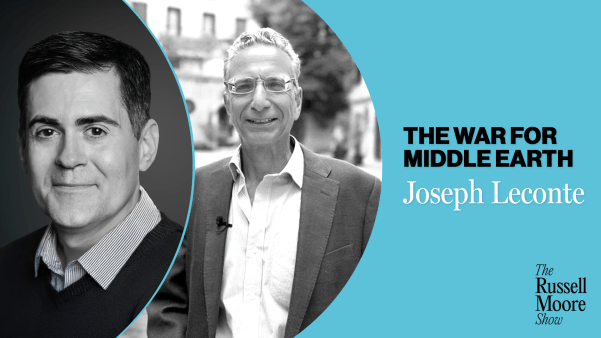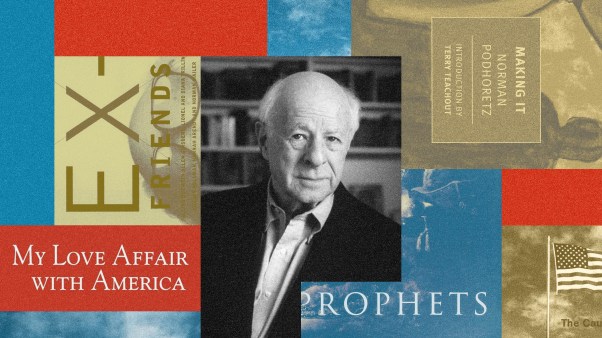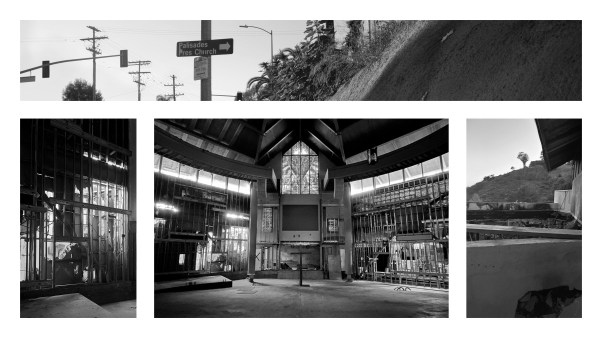Before President Obama announced his executive order this fall to integrate some 5 million illegal immigrants into our political life, and before a judge halted the program this week, charges of “Amnesty!” rang loud and clear.
Like “The Case against Obama’s Amnesty,” which Sen. John Cornyn argued at National Review days earlier. Afterward, the charges only rang louder: “Congress hasn’t passed immigration legislation,” announced the Heritage Foundation, “but that hasn’t stopped President Obama from issuing directives that grant amnesty to illegal immigrants.”
The word has been so toxic, pro-reform groups like the Evangelical Immigration Table (a Christian coalition that includes World Vision, the National Association of Evangelicals, and the Council for Christian Colleges and Universities) avoids it like the Ebola virus. Even the President distanced himself from it, saying that giving legal status and work permits to nearly 5 million immigrants is “certainly not amnesty, no matter how often critics say it.”
Why are so many of us frightened of amnesty—defined as “a general pardon for offenses, especially political offenses, against a government”—for illegal immigrants?
Opponents of Obama’s recent order lament a disregard for “the rule of law.” As Kansas’ secretary of state—a devout Baptist and ardent opponent of immigration reform—put it, “I believe in rules and fairness.… We can argue it a million ways, but really, what more is there to say?” The argument continues: If we pardon illegal immigrants, law and order will break down, and millions more immigrants will come pouring across our borders, hampering our economy.
Other Christians worry about tyranny. Mark Tooley, president of the Institute on Religion and Democracy, referred to another evangelical leader, saying, “Southern Baptist Theological Seminary president Albert Mohler has critiqued President Obama’s executive amnesty for millions of illegal immigrants as a ‘danger to separation of powers’ that ‘should be unconstitutional.’” Tooley’s argument concludes: If the President gets away with this, we will no longer have the rule of law, but the rule of one man.
Amnesty has been granted rarely in American history—with results more benign than some might imagine. The first amnesty was offered by President George Washington, in 1795, to participants in the Whiskey Rebellion in exchange for their signatures on an oath of loyalty to the United States. Three years after the Civil War, President Andrew Johnson proclaimed unconditional amnesty to all Confederates.
Similarly, in 1977, President Jimmy Carter issued a broad amnesty to Vietnam draft evaders. Carter argued that their crimes were forgiven. This made clear the purpose of an amnesty: not to erase a criminal act or to condone it, but simply to facilitate political reconciliation.
Here’s the point: Opponents of these executive pardons vigorously argued otherwise, but in no case did these edicts lead to legal chaos (more rebellion or more draft evasion)—or to tyranny.
Whether it was politically expedient or effective for President Obama to issue his latest executive order; whether and how much should be expected of illegal immigrants on the way to citizenship; how and where to control borders—all of these detailed political questions need to be worked through with care by legislators and concerned citizens. But the one thing we Christians especially should not run from is any action accused of offering “amnesty.”
How can we, of all people, insist on something as unbending as “the rule of law” when, in fact, we bear daily the guilt of breaking the most unbending and righteous of all laws? How can we, of all people, object to reconciling illegal immigrants with our political and social order when we, illegal before God, have been granted amnesty from sin in a free act of grace—no strings attached? How can we, of all people, refuse a preferential option for amnesty, given that “[God] forgave us all our sins, having canceled the charge of our legal indebtedness, which stood against us and condemned us; he has taken it away, nailing it to the cross” (Col. 2:13–14)?
To be clear: One cannot translate a rich theological truth—no matter how splendid—straight into public policy. We live in a fallen world, and yes, we need law and order for society to work. But every society needs more than law and order. Any society worth its salt also needs to practice mercy. Because in the end, the basic law of the universe is mercy.
We, of all people, should know that.
Mark Galli is editor of Christianity Today.










